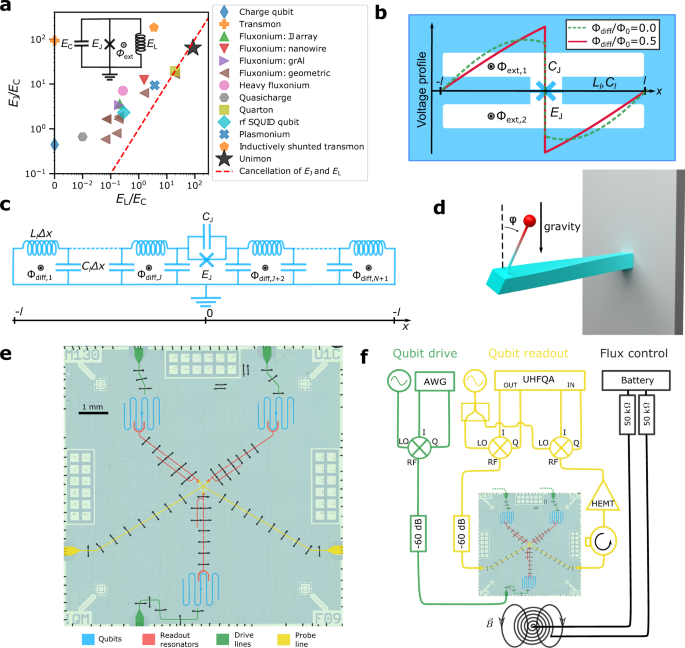可聴音を用いて溶液中の酸化還元応答性キラル超分子ポリマーを時空間的に分離させることに成功 Scientists achieve spatiotemporal segregation of redox-responsive chiral supramolecular polymers in solution using audible sound
2022-11-14 大韓民国・基礎科学研究院(IBS)
研究者達は、酸化状態と還元状態で反対のキラリティーを持つ超分子ポリマーを形成する、平衡外酸化還元反応型超分子システムを利用した。さらに、可聴音(40 Hz)を利用し、時空間パターン形成により、逆ヘリシティの超分子ポリマーを分離することに成功した。
研究者らは、4級アミンで官能基化したペリレンジイミド分子(PDI)をベースに、レドックス応答性の高いアキラル系を設計した。次に、静電相互作用を利用して、PDIと負電荷(アルカリ性pH)をもつフェニルアラニン由来ゲル化剤(LPF)の共集合を探索した。PDI-LPFの共集合体は、左巻きらせん状の超分子集合体(M-helix)を形成していることがわかった。興味深いことに、PDI-LPFの共集合体に還元剤として亜ジチオン酸ナトリウム(SDT)を添加すると、PDI2-LPFの集合体が形成されることにより、逆らせん状の超分子集合体(P-helix)が形成されることが確認された。また、電子顕微鏡観察から、対向するキラルな階層構造(らせん状ナノファイバー)が観察され、ヘリシティの反転がさらに確認された。
<関連情報>
- https://www.ibs.re.kr/cop/bbs/BBSMSTR_000000000738/selectBoardArticle.do?nttId=22210&pageIndex=1&searchCnd=&searchWrd=
- https://www.cell.com/chem/pdf/S2451-9294(22)00564-2.pdf
キラル超分子ポリマーの時空間偏析 Spatiotemporal segregation of chiral supramolecular polymers
Shovan Kumar Sen,Rahul Dev Mukhopadhyay ,Seoyeon Choi,Ilha Hwang,Kimoon Kim
Chem Published:November 15, 2022
DOI:https://doi.org/10.1016/j.chempr.2022.10.022

Highlights
•Chirality switching in out-of-equilibrium supramolecular systems
•Spatiotemporally controlled formation of chirally assorted supramolecular polymers
•Audible sound-assisted segregation of chiral and achiral supramolecular polymers
•Audible sound-assisted segregation of supramolecular polymers of opposite helicity
Summary
Programmable spatiotemporal control over the formation of functional supramolecular polymers, which leads to the formation of different morphological forms in solution, is one of the long-standing issues in chemistry. The situation is even more complex especially when dealing with a mixture of species in multicomponent self-assemblies. One way to achieve this goal is by controlling the spatiotemporal distribution of the molecular components in solution, which control the overall aggregation process. Herein, we report the spatiotemporal segregation of different redox-responsive supramolecular assemblies inside spatiotemporal domains generated within the same solution under out-of-equilibrium conditions by using audible sound. Using this approach, we can spatiotemporally control the formation of at least two types of assemblies, which are either both achiral or one of them is chiral, or both are chiral but with opposite helicity. This strategy may provide advanced control over solution-state synthesis of supramolecular polymers, which exhibit morphology-dependent functions.



